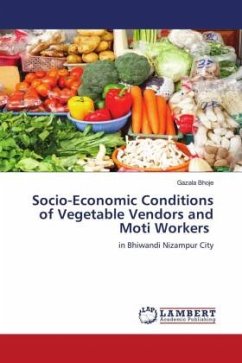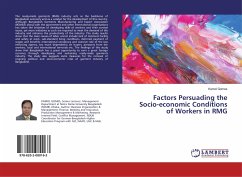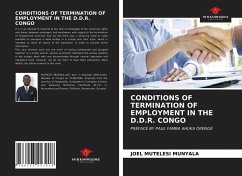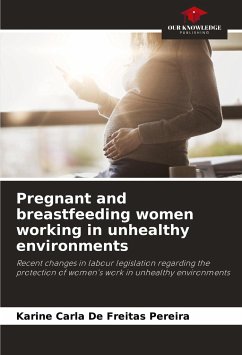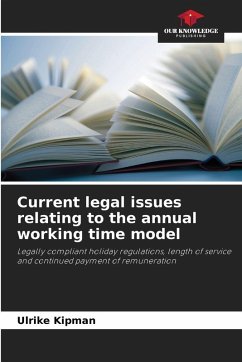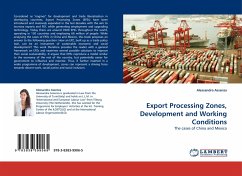
Export Processing Zones, Development and Working Conditions
The cases of China and Mexico
Versandkostenfrei!
Versandfertig in 6-10 Tagen
32,99 €
inkl. MwSt.

PAYBACK Punkte
16 °P sammeln!
Considered as "engines" for development and trade liberalisation in developing countries, Export Processing Zones (EPZs) have been introduced and massively expanded in the last decades with the aim to increase exports and FDI, while generating employment and upgrading technology. Today there are around 3500 EPZs throughout the world, operating in 130 countries and employing 66 million of people. While analysing the cases of EPZs in China and Mexico, this book proposes an answer to the following question: How an EPZ, built up as a trade policy tool, can be an instrument of sustainable economic ...
Considered as "engines" for development and trade liberalisation in developing countries, Export Processing Zones (EPZs) have been introduced and massively expanded in the last decades with the aim to increase exports and FDI, while generating employment and upgrading technology. Today there are around 3500 EPZs throughout the world, operating in 130 countries and employing 66 million of people. While analysing the cases of EPZs in China and Mexico, this book proposes an answer to the following question: How an EPZ, built up as a trade policy tool, can be an instrument of sustainable economic and social development? This work therefore provides the reader with a general framework on EPZs and examines several possible solutions to improve their social sustainability. It argues that EPZs reproduce a model similar to the economy of the rest of the country, but potentially easier for government to influence and monitor. Thus, if further inserted in a wider programme of development, zones can represent a driving force towards decent work, social justice and social inclusion.



